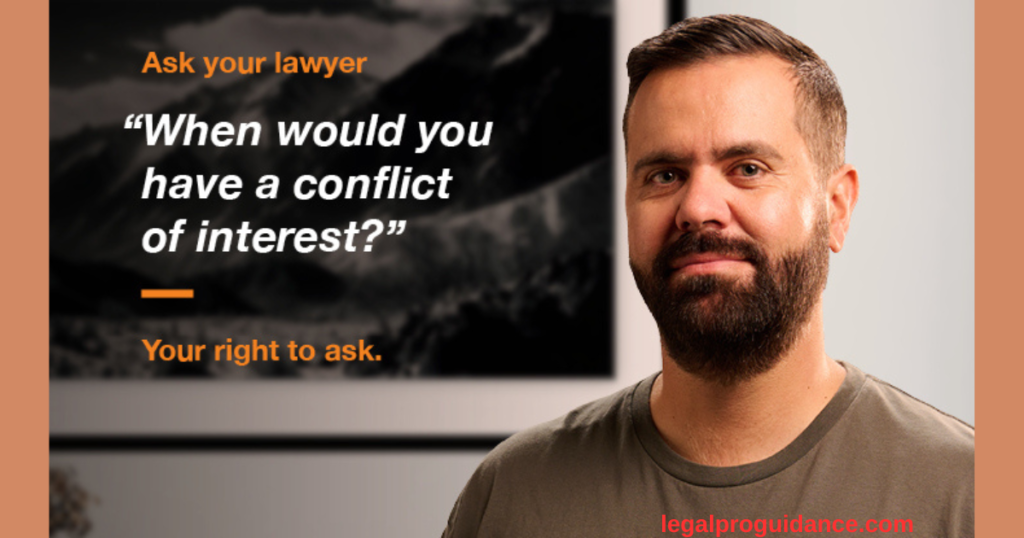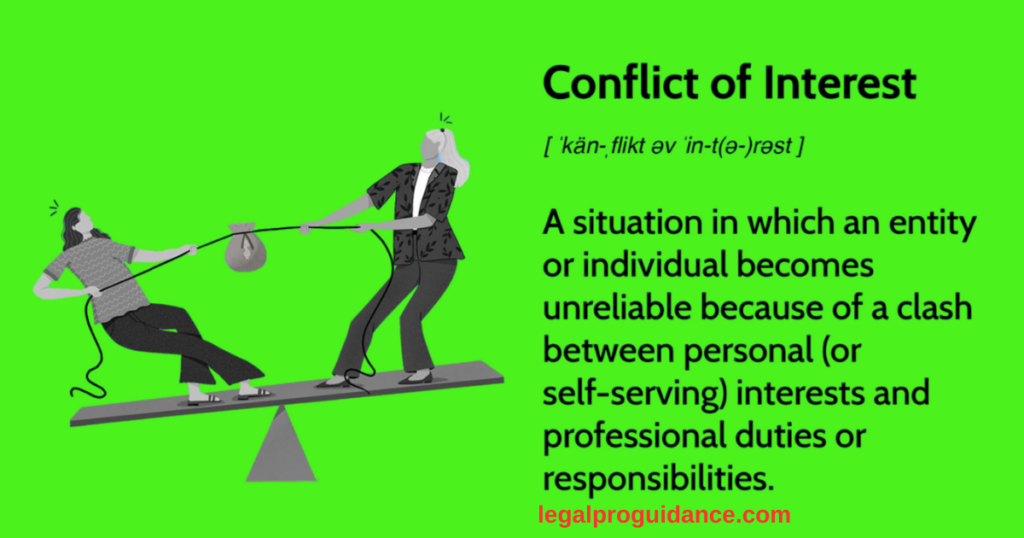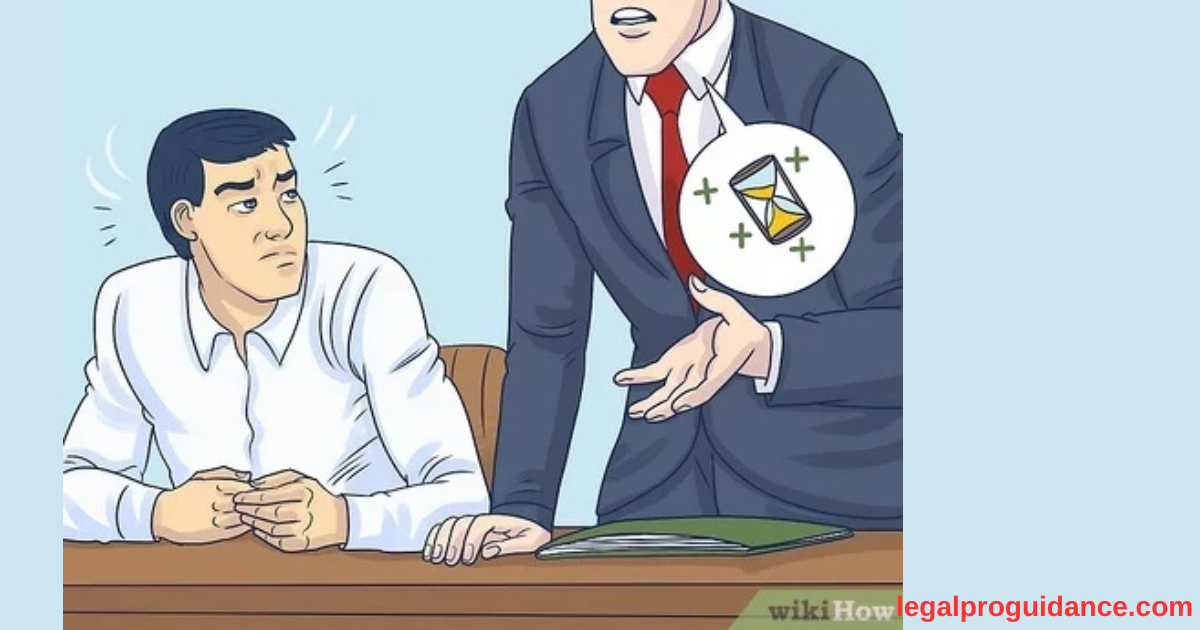
How Can You Determine If Your Lawyer Is Compromising Your Interests?

Warning Sign: Your Lawyer Frequently Misses Deadlines and Appointments
Attorneys regard deadlines and appointments with utmost seriousness for several reasons. Primarily, adhering to these timelines enhances the likelihood of a favorable outcome for your case. Furthermore, it demonstrates the attorney’s commitment to professionalism and ethical conduct. The statute of limitations mandates that all relevant documents and information about a claim must be managed and submitted to the court promptly.
According to the American Bar Association, 8.6 percent of legal malpractice cases stem from an attorney’s failure to provide necessary documentation to advance a case. If an attorney’s inability to prioritize has exacerbated the situation, it may constitute legal malpractice.
It is crucial to engage a lawyer who can represent you with professionalism while valuing your time and efforts, ensuring a well-organized and smooth case process.
For inquiries regarding your legal situation, please contact the Law Offices of Dizengoff and Yost at 267-223-5862.
How Can You Recognize If Your Lawyer Is Compromising Your Interests?

Your Lawyer Seems Disinterested in Your Case
When you hire a lawyer to represent you in court, you should anticipate a professional relationship characterized by mutual respect and accountability. This partnership should enable both the lawyer and the client to align their efforts towards a common goal, grounded in ethical considerations. A lawyer who values their client and demonstrates genuine interest will stand out in the legal process.
It is essential to seek a lawyer who not only respects the case at hand but also values your time. If a lawyer fails to respond to your inquiries within a reasonable timeframe, it may indicate a lack of commitment to your case. Seek an individual who consistently prioritizes your needs and makes you feel valued.
An indifferent lawyer often hurries clients, fails to provide adequate guidance on decision-making processes, and lacks transparency regarding the client’s comprehension of legal matters. This inadequacy creates a sense of unease for the client, who remains uncertain about the outcome of their case. It is advisable to avoid a lawyer who is primarily focused on the financial results of the case. Your attorney should always regard your concerns regarding your situation as significant.
You Are Being Urged to Make Quick Decisions Regarding Your Case by Your Lawyer
If you sense that your lawyer is pressuring you to settle your case hastily, it is prudent to reassess your options before making a decision based on urgency rather than ethical considerations or logical reasoning. A lawyer’s role is to assist clients throughout the legal process while ensuring they comprehend the developments. Many individuals seeking legal assistance may not be well-versed in legal intricacies, making it crucial for clients to engage with a lawyer who is committed to helping them make informed decisions based on their understanding of the case, while also considering what is in their best interest.
If you find yourself being rushed into making significant decisions without a clear understanding of the case, it indicates that the lawyer may not have your best interests in mind.
Identify a trustworthy professional who will take the necessary steps to alleviate your concerns by clarifying the fundamental elements of your specific case, rather than merely offering recommendations for your next steps. Keep in mind that your relationship with your lawyer is collaborative, and you can navigate these decisions together.
Communication Breakdown: Ignoring Your Calls and Failing to Respond
If your lawyer is unable to return your phone calls or is neglecting to respond, it is advisable to send a certified letter to their office expressing your concerns about the lack of communication and indicating that you will seek a new attorney if the situation does not improve. Effective communication is essential for sustaining an attorney-client relationship and should persist throughout the case, to achieve optimal compensation.
Clients are encouraged to review the American Bar Association’s Model Rules of Professional Conduct, specifically Rule 1.4, which outlines the expectations for communication between a lawyer and their client. While the specifics may differ depending on the case, having a fundamental understanding of what to anticipate from your attorney can help you navigate potential communication challenges.
Concerns Regarding Transparency and Honesty in Billing and Payments
One of the primary issues faced by individuals seeking to hire a lawyer is the lack of transparency surrounding billing and payment practices, which can hinder the development of a strong client-attorney relationship. Clients often find themselves unaware of the billing methods employed by their lawyers and the associated costs. Although it is unreasonable to expect clients to fully grasp how attorneys allocate their time and generate invoices, there are strategies to mitigate confusion from the outset.
Addressing your concerns about payment and billing directly when engaging a lawyer enables them to gauge your understanding and expectations as a client. Should transparency issues arise that are beyond the client’s control, there are avenues available for filing a complaint if you believe your attorney has misrepresented or deceived you regarding financial matters.
Looking confident in the courtroom before the judge:
1. Observing a deficiency in confidence exhibited by your attorney in the courtroom can place clients in a challenging position. It is often assumed that clients should not have to address their lawyer’s lack of confidence directly. While clients can express their concerns respectfully and maturely, they may prefer to avoid the discomfort of confronting their lawyer’s demeanor.
Confidence and reputation are closely intertwined; therefore, it is essential to conduct thorough research on a lawyer’s capabilities and track record before engaging in their services. This proactive approach can help prevent any awkward discussions later on and facilitate a more seamless legal experience.
Failure to Keep You Informed, Ignoring Your Inquiries, and Evading Responses
Clients should recognize that while brief questions may not always yield immediate answers, it is the responsibility of a lawyer to address their clients’ legal inquiries comprehensively. A diligent and systematic attorney will understand the appropriate timeline for responding to clients and addressing their concerns.
If you find that your attorney consistently neglects your questions, jeopardizing your case, there is a course of action available. You may consider sending a certified letter to the attorney’s office expressing your concerns regarding their lack of communication and indicating your intention to seek legal representation that better aligns with your needs, provided those needs are reasonable. The Law Offices of Dizengoff and Yost are readily accessible at 267-223-5862 to address any questions or concerns you may have regarding your case.
Conflict of Interest

Attorneys are obligated to ensure that their representation of clients is of the utmost quality. To maintain this standard, they must steer clear of any potential conflicts of interest that could adversely affect the client’s legal circumstances.
Identifying the Appropriate Attorney

Like any profession, the legal sector includes its fair share of dubious practitioners. However, numerous reputable attorneys are available. The process of selecting the right attorney entails:
- Soliciting recommendations from friends, family, and colleagues
- Examining testimonials from previous clients
- Assessing the track record of each prospective attorney regarding settlements and verdicts
- Investigating the accomplishments and accolades of each attorney within the legal community
- Conducting meetings with each attorney to evaluate their respectfulness and competence
- It is essential to keep in mind that you, as the client, are the most crucial element in this process.
Conclusion:
Determining whether your lawyer is acting in your best interest or not can be a critical aspect of protecting your legal rights. Pay attention to warning signs such as poor communication, conflicts of interest, or a lack of effort in your case. Trust your instincts—if something feels off, seek a second opinion or consult with another legal professional. Remember, your lawyer must provide competent and ethical representation. Understanding your rights and staying informed will empower you to make the best decisions for your situation.
FAQs:
What is the most common complaint against lawyers?
The American Bar Association (ABA) identifies several prevalent complaints regarding attorney discipline that are submitted to the bar association, including:
- Neglect of client matters.
- Insufficient communication.
- Misrepresentation or dishonesty.
- Issues related to the scope of representation.
- Disputes concerning fees.
How do you know you have a good lawyer?
To assess the competence of a lawyer, it is essential to evaluate their communication abilities, adherence to deadlines, reliability in fulfilling commitments, the environment in which they operate, and their billing practices. If any concerning indicators arise in these areas, it may suggest that the lawyer is not the most suitable choice for your needs.
What scares lawyers the most?
Concerns regarding lawyers can manifest in various forms, but they predominantly stem from a fundamental fear of making errors.
What personality type are most lawyers?
The legal profession is notably dominated by a limited number of personality types. In fact, over half of all lawyers fall into just four categories: ISTJ (Introvert-Sensor-Thinker-Judger), ESTJ (Extravert-Sensor-Thinker-Judger), INTJ (Introvert-iNtuitive-Thinker-Judger), and ENTP (Extravert-iNtuitive-Thinker-Perceiver).

